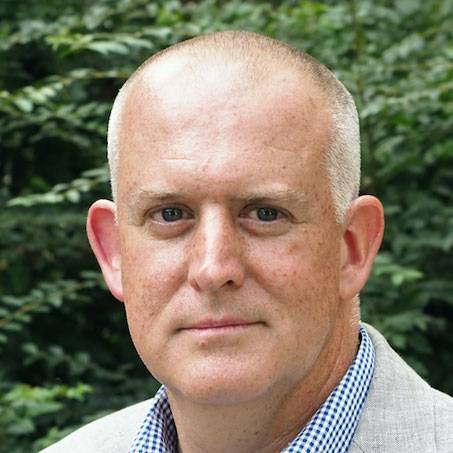A newly opened database released by scientists at the University of General public and Global Affairs (SPIA) at Princeton displays the dramatic increase in the number of self-pinpointing LGBTQI+ men and women serving in community place of work about the world given that the mid-1970s.

Ranging from the couple of “out” officers in the time of San Francisco Supervisor Harvey Milk until now, the database in the new Queer Politics internet site demonstrates the steady growth of folks in office environment who publicly discover as lesbian, gay, bisexual, pansexual, transgender, non-binary, gender-non-conforming, queer and intersex. “Nothing in the planet exists like this,” mentioned Andrew Reynolds, a senior study scholar in SPIA and politics who launched the Queer Politics at Princeton (QP@P) plan.
Reynolds, whose e-book credits include “Small children of Harvey Milk: How LGBTQ Politicians Altered the Globe” (Oxford), has been studying publicly pinpointing LGBTQI+ politicians for more than a decade.
Databases origins
But this isn’t Reynolds’ first “first.” In 1999, he wrote an short article released by Cambridge College Press titled “Women in Legislatures and Executives of the World” starting to be 1 of the to start with students to accumulate and analyze around the globe information on gals parliamentarians. In 2010, he took an curiosity in queer politics just after noticing a absence of obtainable info on queer-pinpointing legislators. As anyone who’s always savored finding “niche areas and filling facts gaps,” Reynolds claimed he decided to obtain the details himself.
He set up Queer Politics at Princeton in 2020 as a think tank committed to LGBTQI+ research and scholarship. The system aims to join queer politicians, scientists, activists and educators. Now, Reynolds reported, Queer Politics at Princeton has a website built to assistance its progress.
“We have the names of about a thousand out parliamentarians whose knowledge can be analyzed and downloaded straight from the internet site,” he reported.
The database, which has data again to 1976 — the yr of the first out homosexual parliamentarian — focuses on officials at the national, condition and provincial ranges (e.g., users of Parliament and Congress, governors, and mayors) but to day not lessen-amount elected officials. It breaks down elected officers by nation.
Numerous methods to parse facts
People can scroll more than each individual region on a planet map to perspective the complete selection of representatives and their level of federal government. Consumers can also filter lookups centered on the sexual or gender id (gay, lesbian, bisexual, transgender, and so on.), stage of govt, party ideology, and office environment.
Launched this spring, the website will mature and evolve around time, Reynolds emphasized. Since it contains only publicly identifying LGBTQI+ representatives, the data and how it is presented will fluctuate.
“The obstacle is that this has normally been an amazingly sensitive spot,” explained Reynolds. In several nations around the world, it is too dangerous for LGBTQI+ people today to be out. Even if selected politicians are out to the men and women around them, they could not be to the society at huge. Reynolds emphasized that their autonomy, protection and dignity for how they want to recognize normally will come first.
As important as the improve in community officers has been around the earlier 40-in addition several years, Reynolds notes that the facts shows that out LGBTQI+ people even now make up only a small proportion of elected officials worldwide. And although there has been a rise in politicians who discover as bisexual and transgender, the the greater part in the minority group remains white gay adult men.
“There’s a enormous gap in illustration for folks who determine as bisexual or pansexual or transgender, and queer individuals of color. I just hope this databases aids us see these discrepancies plainly,” Reynolds claimed.
The Queer Politics website and database were being created with support from Princeton College study assistants Paul-Louis Blondi ‘24, Rooya Rahin ‘23, and 2022 Rhodes scholar Josh Babu ’22. Web structure was led by Jill Moraca. The undertaking obtained funding from SPIA and the Niehaus Center for Globalization and Governance.
The Queer Politics plan started a collection of webinars in 2020 that includes well known students and activists that swiftly identified attractiveness and a huge international viewers. Reynolds expects that upcoming academic year Queer Politics at Princeton will be equipped to maintain in-man or woman occasions, together with guest speakers and panelists, a filmmaker collection and forums.
